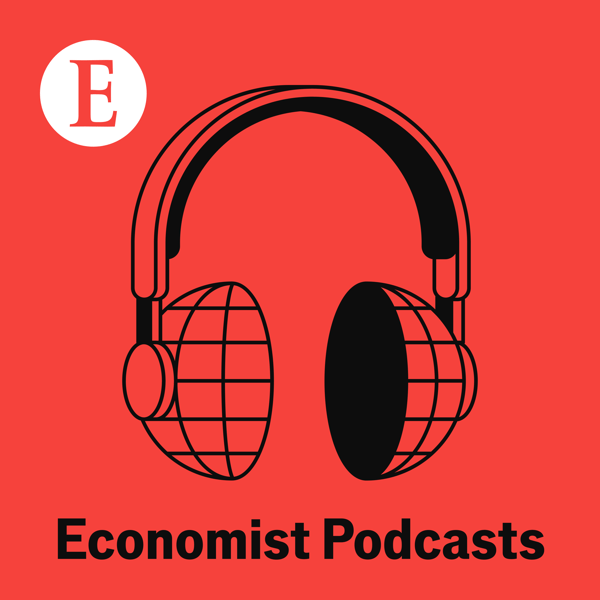Money Talks: The home front
Economist Podcasts
The Economist
4.4 • 4.9K Ratings
🗓️ 31 March 2020
⏱️ 24 minutes
🧾️ Download transcript
Summary
At the beginning of a financial year like no other, millions of newly furloughed or unemployed Americans face rent and mortgage payments. How long can the financial system withstand the strain caused by the coronavirus pandemic? Many employees have had to make a quick transition to remote working. Businesses struggling to make the switch could look to those companies that have never had an office. And, a day in the life of Bartleby—and his cat. Rachana Shanbhogue hosts.
The Economist is making some of its most important coverage of the covid-19 pandemic freely available to readers of The Economist Today, our daily newsletter. To receive it, register here. For more coverage, see our coronavirus hub.
Please subscribe to The Economist for full access to print, digital and audio editions:
Hosted on Acast. See acast.com/privacy for more information.
Transcript
Click on a timestamp to play from that location
| 0:00.0 | If you ever think twice about what your child watches online, try YouTube Kids. |
| 0:05.0 | It's an app made just for children, helping you find a healthier balance for your family online. |
| 0:11.0 | Download YouTube Kids today. |
| 0:22.0 | You're listening to Money Talks on Economist Radio, our weekly podcast on the world of business. |
| 0:27.0 | I'm Ratchan Ashan Boge, the economist finance editor, and this week we're looking at how the coronavirus pandemic is disrupting the home front. |
| 0:37.0 | Only about a third of American workers can effectively work from home, and they earn about 45% of American's wages. |
| 0:46.0 | We'll meet some of the firms that were born ready for the remote revolution. |
| 0:50.0 | The whole world is going to have to learn to embrace remote work now. |
| 0:53.0 | You know, world 1.0 is over, world 2.0 is coming. |
| 0:56.0 | Will this experience change working life forever? |
| 0:59.0 | A few of the companies I talk to, they have optional offices you can come in if you feel lonely or if you have a special project. |
| 1:05.0 | And a day in the life of our battle be colonist. On why merging home and work is not so easy. |
| 1:11.0 | Start to miss regular meetings, a concept previously beyond imagination. |
| 1:16.0 | The beginning of April marks the start of a new tax year. But with the outbreak of COVID-19, this is a year like no other. |
| 1:30.0 | In America in the week to March 21st, a record 3.28 million people filed for unemployment benefits. |
| 1:38.0 | On Monday, Macy's America's biggest department store announced it was following 130,000 staff. |
| 1:45.0 | Many people still working are being asked to work from home, but chaos in the jobs market is spilling over into housing insecurity. |
| 1:54.0 | On the 1st of April rent, mortgage payments and bills, full-due nationwide. It should also be payday. |
| 2:02.0 | But with such massive disruption, many people are now facing bills without having received a paycheck. |
| 2:08.0 | In a normal month, workers earn about 2 thirds of the total economic output of America and that's usually at $1 trillion. |
| 2:14.0 | Alice Foward is our Wall Street correspondent. |
| 2:16.0 | And those that will be worst off are those that have seen the sort of big shock to their income. |
... |
Please login to see the full transcript.
Disclaimer: The podcast and artwork embedded on this page are from The Economist, and are the property of its owner and not affiliated with or endorsed by Tapesearch.
Generated transcripts are the property of The Economist and are distributed freely under the Fair Use doctrine. Transcripts generated by Tapesearch are not guaranteed to be accurate.
Copyright © Tapesearch 2025.

